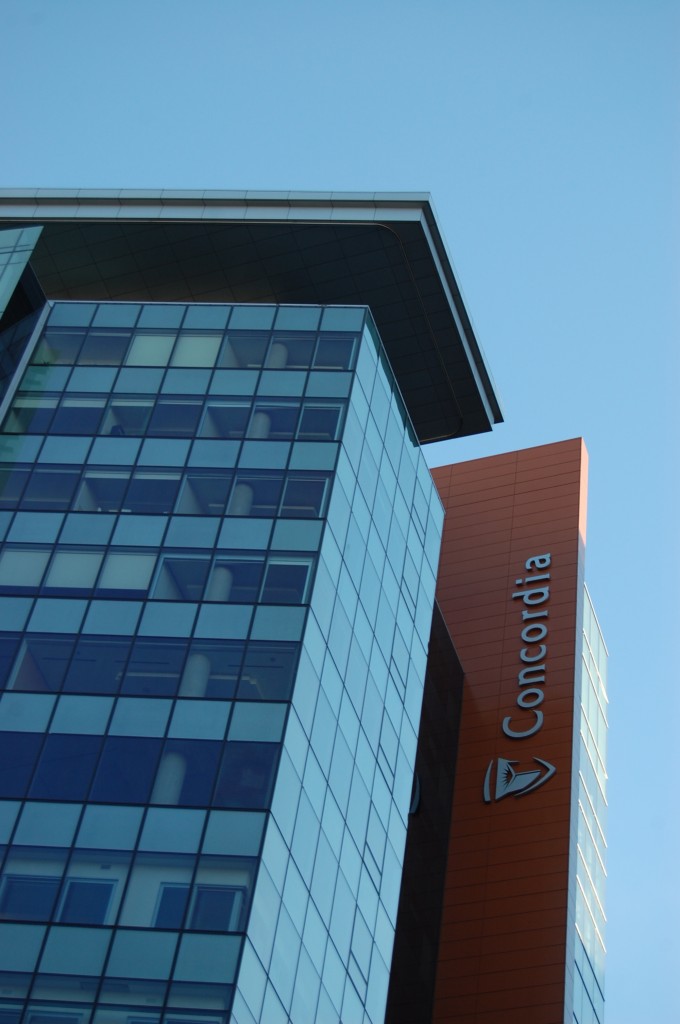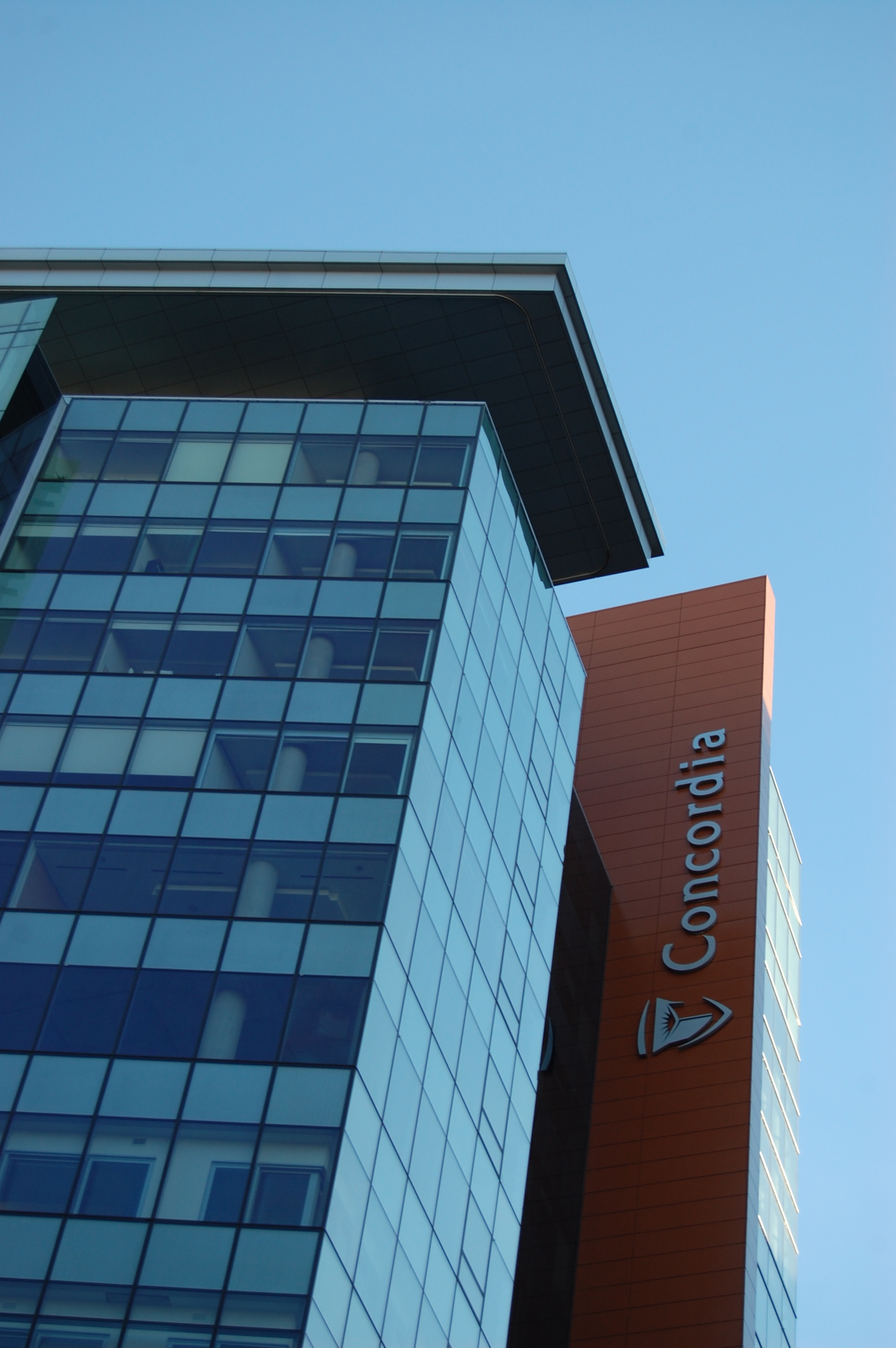
“Once was a mistake, but twice is too much,” said Concordia student Ryan Chyzensky. “What really upsets me about the situation is how the students [were] fighting against tuition hikes and there was our governance just blowing our money on payouts because they couldn’t get organized.”
In 2007 former president Claude Lajeunesse received a $1.4 million buyout, and three years later ex-president Judith Woodsworth received a severance pay of $703,500 to leave. According to James Bradshaw of The Globe and Mail, this resulted in “an imbalance of power in the senior ranks and a culture of mistrust, and a $2-million fine from Quebec’s government as punishment for being too generous in doling out severance to some departing administrators.”
Needless to say things were looking grim for Concordia.
However, despite all this doom and gloom, things are looking up for Concordia under the reign of new President Alan Shepard. Many students who were interviewed expressed feelings of hope toward the new leadership and some students never even saw a problem to begin with.
“If they wanted someone out that bad it’s obviously because they [were] not doing a good job and in the end it’s better to just hire someone else altogether,” said John Molson School of Business student Vanessa D’Amico.
Those students who did see an issue with Concordia’s past mistakes say that the University is slowly coming into a new era, shedding all the baggage that preceded it. The Gazette has called this new era a “culture of respect and hope” for the university.
It is still too premature to say that Concordia has suddenly shifted to a “culture of respect.” Maria Peluso, president of the Concordia University Part-Time Faculty Association told The Gazette in an interview that “a culture takes years to develop and years to dismantle.”
Many students are finding themselves somewhere between contempt and respect. They find themselves in a transitional culture of hope. Shepard’s first weeks at Concordia have been without any major hiccups so far. He’s managed to renew the dialogue with students, faculty and staff and connected with the external community that supports the university.
“After two costly mistakes, a penalty fee, a disappointed faculty and students and some recommendations from the External Governance Committee, I think Concordia has finally got the message and are starting to learn from their mistakes,” added Chyzensky. “But that does not mean that I am ready to start trusting them with my money and important decisions again.”
While there is definitely a more positive vibe on campus, Concordia’s governance still has to prove that they are learning from their mistakes and can be trusted. For now it appears that Concordia University’s governance has been put on academic probation.




